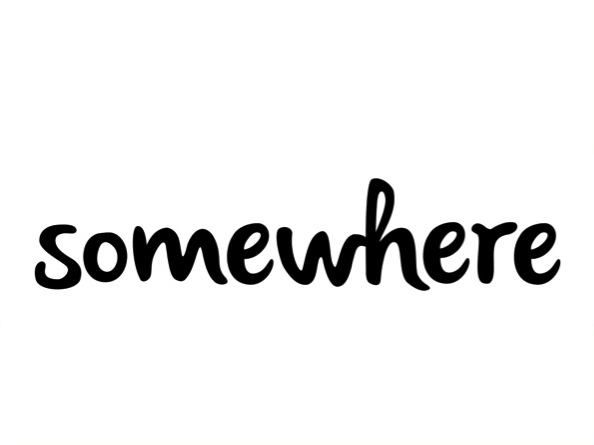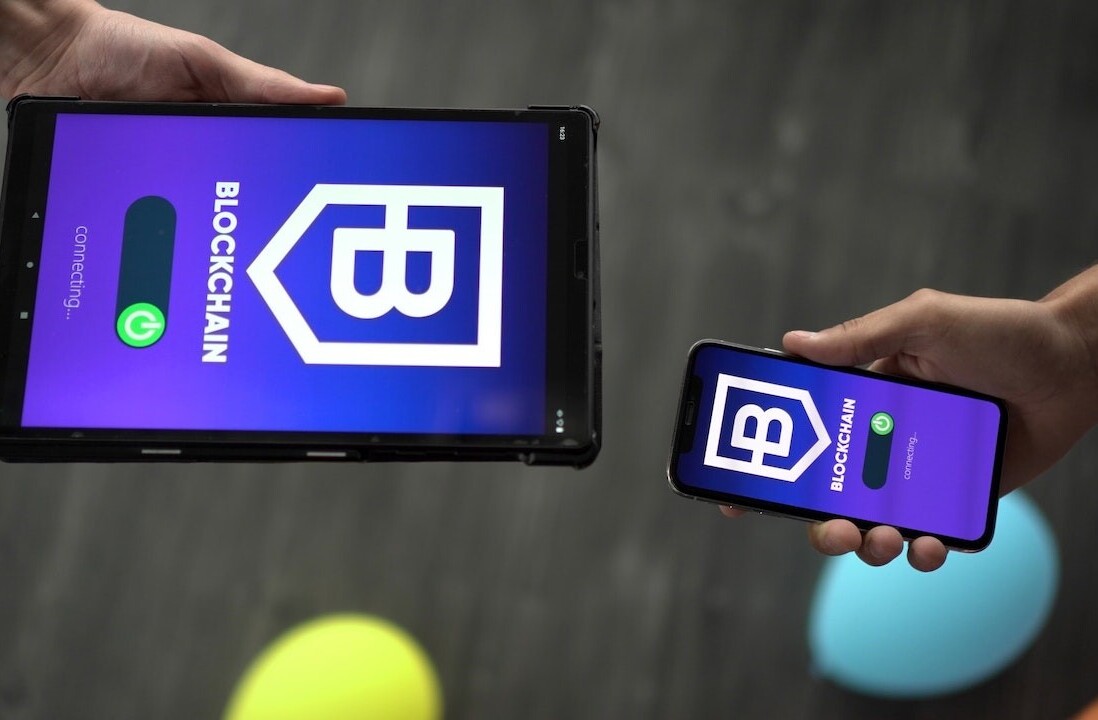
Even if you wholeheartedly enjoy your job it can be just the little things that push your satisfaction level from delight to discontent. From the paltry vacation policy to the crummy communication, to the distant boss down to the antiquated coffee machine in the break room, there seems to be little fulfilment beyond the paycheque.
Unsatisfied? Do something about it. Human resource professionals, company leadership and employees alike, take cues from companies that consistently rank among most loved by their employees. Their successes can inspire a shift from sad to happy faces, making the office a more enjoyable place and therefore a more productive place.
You’ll notice that many companies at the top of the lists, whether it be Fortune’s 100 Best Companies to Work For or Forbes’ America’s Best Employers to Work For, many are in the tech industry. This field relies so much on innovation and top talent, these companies are constantly fighting for the “right” to hire the best from the rest. When in doubt look to Silicon Valley and other tech hubs around the globe for what can accelerate your company from zero to hero.

If you are looking to be satisfied in a new job, talk with existing employees that are subjective to your decision, read anonymous reviews on Glassdoor.com and spend some time in the office to soak up the values and culture of the office. Also, consider these tips.
Give Back
When a company gives back it demonstrates to its employees and customers that there are more important things in life than pure profit. This mentality translates into charitable employees. East Coast grocery chain, Wegmans is a profitable company to the tune of $6.9 billion. Wegmans is still family-owned and operated since its founding in 1916 and it’s now whopping 43,000 employees.
They also make a continuous philanthropic effort to support the communities of their store locations. Wegmans defined the core areas they focus on for their giving, such as feeding the hungry and helping young people succeed, and then give over thousands of dollars to organizations including the Special Olympics and the United Way; the annual Check Out Hunger fundraiser is dedicated to donations for food banks.
Cisco, with over 70,000 employees around the globe, is a giant at manufacturing and selling a diverse portfolio of networking equipment. It is also a giant in the philanthropic world. Along with matching employee donations to non-profits and the Cisco Foundation, Cisco maintains a force to be reckoned with.
Nicknamed “TacOps” the tactical operations team employs 10 full-timers and engages 300 volunteers that deploy to sites struck around the globe by natural disasters like hurricanes and typhoons. Their mission? To install Internet and telephone communication systems ASAP; all costs are covered by the company.
Comfortable Space
Humans are also creatures of comfort. While the bells and whistles of the sought-after start-up atmosphere, like toys, hammocks and on-site services like dry cleaning may seem extraneous from afar, they are indeed appreciated. While little perks here and there will not fundamentally define a workplace, it can maintain and improve upon the existing foundation.
Perks at social media network Twitter make life just that much more enjoyable, and therefore work that just more manageable. Bonuses around Twitter’s 14 offices in the US include free breakfast (cereal bar anyone?), lunch and snacks (kombucha on tap is a thing?) as well as city bike-sharing memberships, subsidized parking and public transportation. Twitter’s New York office offers discounted $10 manicures where you don’t even need to leave your desk.

Salesforce is a customer relationship leader for businesses wanting an extraordinary customer service platform (among other technologies). The San Francisco-based company is also a leader for paws. The adorable program called Puppyforce welcomes employees to reserve desks in outdoor park decorated dog-friendly offices when they bring their pet to work. Dogs get badges with their info and picture on it (just in case one wants to visit another department) and can lounge in comfy provided doggie beds.
Family Time
For many employees the much-touted work-life balance is essential to maintaining a healthy family. Whether it is a newborn baby or an ageing grandmother, the supreme companies are adding benefits to help employees facilitate care and time. The thought here is the less time an individual is stressed about childcare, maternity/paternity leave and other common issue, the more focused and engaged at work they will be.
The Container Store, headquartered in Coppell, Texas, is best known for organizational products but perhaps should be known for its flexible family guidelines. New mothers have eight weeks of paid maternity leave and up to 12 weeks total off. New fathers have two weeks of paid leave. Lactation rooms are also available for nursing mothers.
Servicing the financial needs of the vets, military members and families throughout the US is no easy task, but with an impressive dedication to work-life balance USAA tops this list. The company offers $5,000 for parents wanting to adopt. Flexible schedules, compressed weekends and telecommuting also allows employees to put family first. Onsite childcare and off site child care subsidies allow parents peace of mind when it comes to who is caring for the child while at work. USAA also offers childcare subsidies for those who have to leave home for business travel.
Equipped for Fitness
Best known for swank boutique accommodations in major cities, Kimpton Hotels & Restaurants bakes health and fitness into the daily agenda for all employees. Scheduling in a jog with colleagues or a meditation session keeps healthy minds and body of utmost importance as opposed to other companies where it gets pushed by the wayside. At all of the locations housekeeping teams hold pre-shift exercises and stretches. Plus, employees are privy to discounted local gym memberships and reimbursements for activities like half marathons and yoga retreats.
Goldman Sachs may be a global investment-banking monolith but they made a point to make wellness a central cornerstone of the company. At larger offices around the US on site gyms include specialty health care centers for services like dermatology and gynaecology. Registered dieticians and physical therapists are also on hand to make sure the body is full-circle healthy. In addition the ergonomics program engages a team to review workspaces and equipment to help prevent and manage discomfort and ailments in the workplace.
Time out of the Office
The name of the human resources management company may be Workday but that does not mean they don’t know what time off looks like. In fact Workday implemented an unlimited time-off initiative. No keeping track of vacation days or trying to explain why you have to leave to another doctor’s appointment. An honor system is the base of this benefit and employees arrange the time off with their direct manager. The company also lets employees work from home.
Outdoor gear outfitters L.L. Bean is not the biggest brick-and-mortar populous retailer in the US. With just 23 locations across the nation the company still has a heavy catalogue business as well as an active online shopping site. L.L. Bean tops the retail category for employee satisfaction for a wide array of factors including discounts and a highly utilized recognition program but also the Employee Outdoor Club.
This adventurous sounding group plans trips for fun like camping, kayaking and cycling across New England. To encourage employees to get out of the office there is the Employee Use Room where people can borrow and/or rent sports and outdoors gear. Employees can also use Outdoor Experience Days for recreation activities.
Cultivated Company Culture
Google constantly tops the “best companies to work for” lists. Why? With more than 52,000 employees globally, Google has cultivated a culture that is encouraging, playful and casual. When employees enjoy the workplace and have intermittent celebrations and entertainment options the workplace moves beyond that of just a place to do “work” and into the realm where one lives “life.”
Intramural sports, video game competitions (like DDR and Guitar Hero) and happy hours are a chance to get out from behind the computer screen. Celebrations for life events like birthdays, baby showers and engagement parties are encouraged. Holidays are also observed in full force…what will be your costume for this year’s Googleween party?
Bain & Company creates a company culture by perpetually hiring “incredible people” that are the type of colleagues you want to surround yourself in and outside of the workplace. Sometimes it can be hard to put a finger on just what makes a company culture successful, but often the example set by the leadership (like those of the global management consulting business) can set the pace. When the decision makers decide that an engaging, connected office is important, than those at all levels within the company tend to follow suit.
You may know Riot Games through their product, League of Legends, but the self-described Rioters owe their company through the fantastic culture they have created. The company supports a diverse roster of specialty clubs for everyone from Zumba dancers to improv actors, photography fiends and fierce fencers. On Club Day there is an activity fair where employees can learn about the different activities and get involved. (Sounds a lot like college, right?)
Perpetual Improvement
Software analytics company SAS is used to turning big data into manageable, meaningful information for some of the top, influential Fortune 500 companies. SAS is also skilled at encouraging employees to go for the gold when it comes to both personal and professional goals. An on-site library and collection of info services allows employees access to thousands of books, research materials, and technical equipment.
SAS also supports training for both part-time (four hours annually) and full-time employees (25 hours annually) so people feel supported in their roles. Interpersonal training and continued education through online courses and in-person seminars means employees can take charge of their future without having to look beyond their office.
Zappos, an online shoe and clothing powerhouse encourages employee development through their owned platform called ZapposU. Started in 2008 classes were offered for employees to take on simple topics, like “Communication.” ZapposU has expanded today into a tool departments use for training as well as other courses like “The Science of Happiness.” Teams are encouraged and see increased participation when people take the class together so there is accountability and a shared experience involved.
Energy corporation Chevron spends money not just in global resource research and development but in the pursuits of its employees. The company pays 75 percent toward any training or degree that can be linked back to your role; it is considered a part of career development and training.
Money where the Mouth is
Edward Jones is an investment firm with over 11,000 branch locations in the US. While helping customers reach financial goals they also help their employees find financial success beyond the salary. Since finance is what they do best, associates have access to a profit-sharing plan and can work with a fellow financial advisor for no fee.
There are discounted trades for bonds, stocks and mutual funds as well as three times a year where they can trade up to $25,000 commission-free. Edward Jones also matches 401k contributions.
Natural, organic (often pricey) grocery store Whole Foods sells foods marketed toward a healthy lifestyle. They take their employees’ health seriously too. Full-timers have wellness accounts on top of health insurance where the company contributes $300-$1,800 to be used for health expenses that insurance doesn’t cover.
Investment in the Future
Companies with a strong mentoring program demonstrate to the entry-level employee and their senior bosses that there is a future for both the employee and the company. The University of Texas MD Anderson Cancer Center supports a formalized mentoring program with strict standards and applications. The process means that employees are able to better connect with coworkers and learn from those who have a specified knowledge.
In New Mexico lies one of Intel‘s biggest chip-making facilities. There it took a new approach to the concept of mentoring back in 1997. Since then the program has evolved off of what’s worked and what has not, but basically it boils down to the fact that different employees have different skills.
Instead of employees hoping for fast promotions by way of an important mentor, this program encourages actual learning of skill sets and knowledge-passing to the incoming generation of company leaders. From the C-suite to the factory line, employees can engage in the program to develop skills the want to develop.
Read Next: Two-pizza teams: Werner Vogels on Amazon’s secrets for innovation at TNW Europe Conference
Image credit: Shutterstock
Get the TNW newsletter
Get the most important tech news in your inbox each week.
This post was brought to you by Somewhere, the visual platform for sharing what you do and seeing how the world works.












